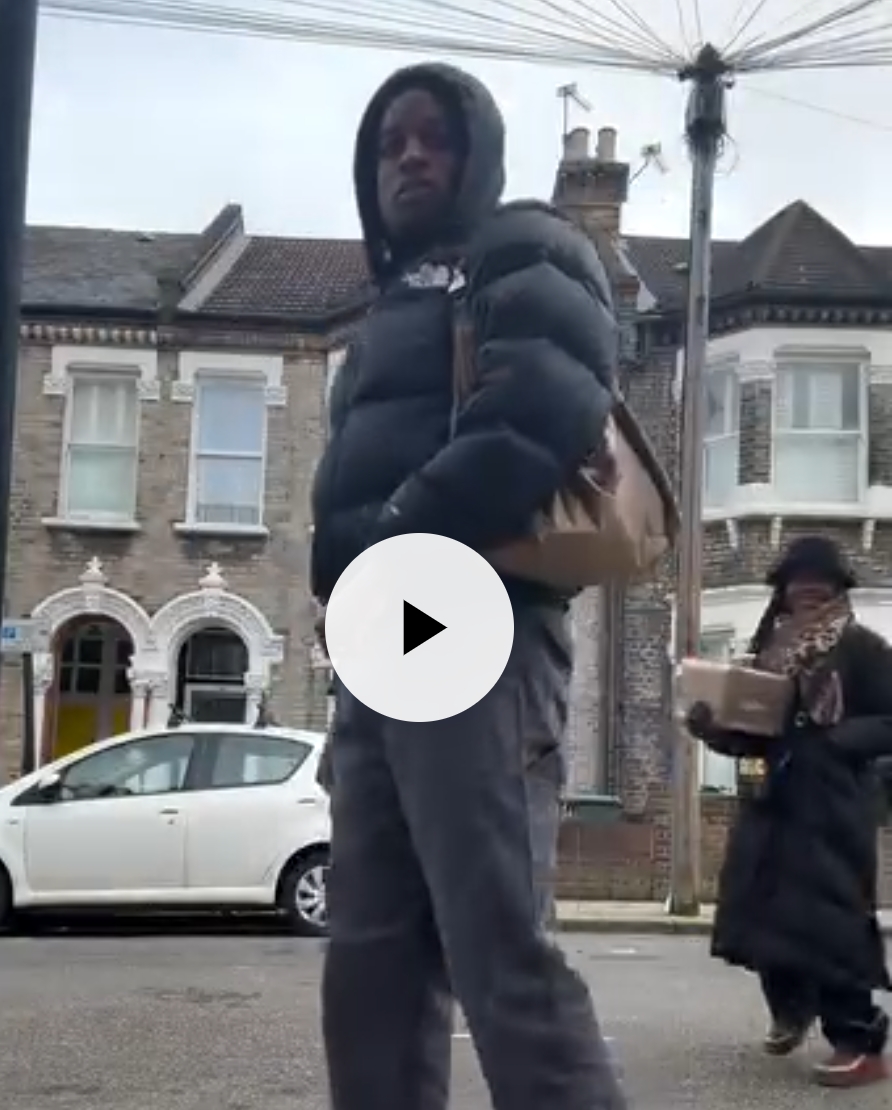The Obollo-Afor, the headquarters of Udenu Local Government Area in Enugu State, is not just known for banana, avocado pears, cashew nuts and original honey, but so many other things. Many people do not know that the baskets, with which tomatoes, pepper, Okra and other vegetable produce are packaged from the northern part of Nigeria and sent across to other parts of the country, especially the southern states, are made at Obollo-Afor. Not just that they are made at Obollo-Afor and exported to the northern part of the country where they are in high demand, they are also made by children in primary and secondary schools, alongside a few adults. Ekweanaedo News reports that the school children who are engaged in basket making do so mainly to raise pocket money. Investigation revealed that instead of offering an alternative means to supplement their pocket money, the kids are getting out of their parents’ control due to the volume of money in their pockets. For the adults who feed their family with what they earn from the work, it is a cool, good business. Now, the question one would like to get answers to are: how do they make the baskets? How do the school kids combine basket making with their academic work? Where and how do they source the raw materials? How long does one need to stay as an apprentice, among other questions? At Obollo-Afor, they have various rendezvous where they gather to compete to determine who makes, not only the highest number of baskets per day, but also the finest baskets. The rendezvous, our reporter learnt, are named according to the village where they are located. For 18-year-old Chukwuebuka Obetta, who just finished his secondary school education and is waiting to gain admission into the university, basket making offers an opportunity for him to raise more money to supplement what his parents give him as pocket money. He said he started weaving baskets as soon as he finished primary school some six years ago. He did not just wake up to start weaving baskets. He underwent some months of training under the supervision of his older kith and kin before he was certified okay. “I cannot remember how long I was under apprenticeship because I was just learning from the older ones whenever I had the time,” he said.” He said: “We normally weave during the long vacations, which always fall between June and August every year. “We also weave during school periods, but that is after school hours and it is not every day because we still have to read our books.” “During holidays, the products come very cheap because so many people are engaged in weaving during the period and that makes the products ubiquitously available, thereby crashing the price.” “We sell one basket for N250 during the period of scarcity; that is during school period. But, during the holidays when everybody is engaged in its production, one goes for as low as N200.” Those who stay at a weaving joint to make their own baskets need not bother about the market for the products as buyers trace them to their production points, where all the ready-made baskets are bought wholesale. “Buyers come directly into our village here to buy the ones that are ready from us,” he said. The raw materials for making baskets are from the palm tree. Do they climb the palm trees to get the fronds with which they make the baskets or do they pay people to do it for them? Chukwuebuka said: “Getting palm fronds doesn’t come that easy; it is not a walk in the park. We take some days off in a week to go in search of palm fronds and then use other days to weave. “We climb the palm trees by ourselves and prune it in order to get enough palm fronds. Those who own the palm trees will even be happy with us because it is when the palm trees are regularly and properly pruned that they bear nuts. “It is also when they are well pruned that it becomes easy for palm wine tappers to tap wine from them. “So, what the owners ordinarily would have paid some people to do for them, especially those who cannot climb palm trees, are done for them free by some of us, who also need the palm fronds as raw materials for our work.” when asked on how much he makes during long vacations, which last for two months, he said: “It all depends on one’s ability. Some can weave up to 15 in a day. Others could only weave about 10 or less. “But personally, I try to weave at least 50 baskets in a week so that in a month, I would be able to get about 200 baskets. So, in two months that the long vacation lasts, I would be able to get about 400 baskets and when you multiply that with N200, which is the price of one during holidays, it gives you about N80, 000. “But, for those who cannot climb palm trees to get palm fronds, they would have to pay others for that service. So, you find out that from the N80, 000, such people would have to settle such miscellaneous expenses.” “The charge per palm tree is N300 and you need to get as many palm fronds as possible to get enough raw materials for the job. “I learnt how to climb palm trees from my father, who was a palm wine tapper. He taught me how to use climbing rope,” he said. For 15-year-old Sunday Ugwu, who is still in JS 11, he got attracted to the art because he saw other children doing it. He does not rely on anybody to do it for him. He also narrates all he knows about the business. He said: “I also climb palm trees to get the raw materials like my friend said. I can weave 12 or 13 baskets in a day. “In a week, I can get about 20 because I don’t weave every day. So, sometimes, I make up to 80 baskets in a month. During school periods, we don’t achieve much but we start weaving once the school is over. “We normally start weaving by 2:00 pm and close around 6:30 pm. But, it is not every day because we also need to read our books. We weave two or three times per week when schools are in session.” On how he spends the money he gets from the business, he said: “The money I realize in this business is my pocket money because I have people who sponsor my education. “I use the money to attend to some of my personal needs while I save the rest for future use.” Twenty-five-year-old Ogbu Christian is a secondary school dropout in JSS3 when he could not find a sponsor. He is one of those who use the money made from weaving baskets to solve other problems. He is also one of those who pay others to climb palm trees to get the raw materials; he cannot climb a palm tree. “I have tried several times to climb palm trees but it has not been easy, so I have decided to pay those who are perfect in climbing to get the materials for me. “I can weave up to 25 baskets in a week and 100 in a month,” he said. Corroborating what others have said regarding when they make the baskets and how they market them, he said: “We start weaving from 6:00 am and we close at 6:00pm or 6:30pm. Buyers come to our centre to buy. This place is called Ejuona Iheakpu.” On how he spends the proceeds from the business, he said: “What I realize from this business is what I use to train myself in welding. “I am an apprentice welder. I enrolled myself in the trade with the money I realized from weaving and I have been sustaining myself. “I only have one year to complete the apprenticeship as I have spent two years. So, for the past two years, I have been weaving on a part time basis. “I depend on weaving for all my needs, including clothing and feeding. I have been weaving for over seven years. I started making baskets used to package palm nuts before I came into this particular type that is used for tomatoes, Okra and some other fruits.”
Students, Elderly Agrees In The Craft Of Basket Weaving Being A Lucrative Business




